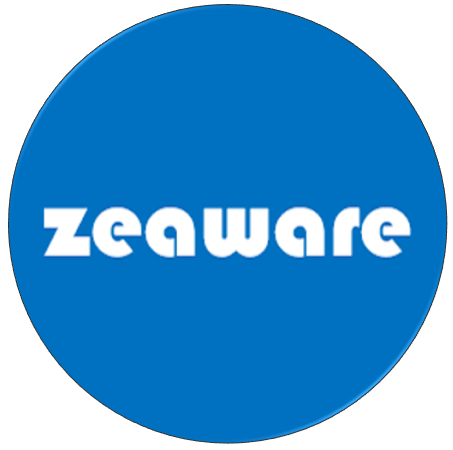Getting Started with AI: The Business Approach
As businesses face an increasingly competitive landscape, the adoption of Artificial Intelligence (AI) has become more than just a trend—it's a strategic imperative. While the prospect of AI can seem daunting, embarking on this journey with a well-structured approach can unlock new levels of operational efficiency and customer engagement. Here, we outline a step-by-step guide for businesses looking to get started with AI.
1. Gain a Strategic Understanding of AI
Business leaders do not need to become AI experts, but a high-level understanding of AI capabilities, strategic benefits, and potential applications is crucial. Understanding AI's role in automating processes, improving decision-making, and enhancing customer experiences helps set realistic expectations and ensures alignment with business goals.
2. Start with Simple, Low-Risk Use Cases
Begin your AI journey by focusing on manageable use cases that provide foundational knowledge. This approach allows your team to gain experience and confidence without significant resource investments. Even if these initial use cases do not directly add substantial business value, they serve as stepping stones for more complex implementations.
Example: Many organizations start with AI-powered chatbots to enhance efficiency. Deploying an internal conversational AI tool can help organizations learn about AI governance and privacy concerns while providing practical benefits. A common starting use case is to deploy an organization-wide Zeaware Avalon Conversational Agent. This general-purpose GenAI tool is securely deployed within your organization’s cloud tenant.
By implementing a simple use case, you can build foundational knowledge around AI governance and create an internal AI capability that can be expanded as maturity and use-case complexity grows.
3. Choose the Right AI Platform
Selecting an AI platform that aligns with your business needs is critical to success. A well-designed AI platform should offer:
- A user-friendly interface that allows both technical and non-technical teams to collaborate.
- Strong governance and compliance features to ensure secure AI deployments.
- Scalability to support advanced AI use cases as the business matures.
Platforms like Zeaware Avalon AI provide a low-code interface, enterprise governance features, and seamless integrations, making AI adoption smoother and more effective.
4. Ensure Data Readiness
AI thrives on high-quality data. Businesses must ensure their structured and unstructured data is well-organized, clean, and readily accessible. A data readiness assessment can help identify gaps and suggest improvements that enhance AI performance.
Zeaware Avalon AI provides visibility into data readiness with tools and analyses that assess how well your content supports AI interactions. This includes identifying gaps in data quality and suggesting improvements to enhance AI performance.
5. Establish Governance Foundations
Governance is essential to ensure AI systems comply with industry regulations and ethical considerations. Establish key non-negotiable governance requirements, such as those to do with data security and privacy, first and implement governance frameworks that can be expanded as maturity grows over time. Automated compliance checks and real-time monitoring provided by Zeaware Avalon AI help ensure that AI deployments adhere to necessary regulations from the start, allowing for scalable and robust governance.
6. Train and Engage Your Team
Successful AI adoption depends on the readiness of your workforce. Providing training programs on AI fundamentals and best practices ensures employees feel comfortable working with AI-driven tools. Additionally, fostering collaboration between technical and non-technical teams encourages innovation and maximizes AI's impact.
7. Evaluate and Iterate
AI deployment is not a one-time exercise but an ongoing process. Continuously assess AI performance against defined success criteria. Gather feedback, refine models, and iterate based on real-world learnings to drive continuous improvement.
8. Scale and Expand
Once initial AI projects demonstrate success, businesses should develop a roadmap for expanding AI adoption. Identifying opportunities to integrate AI into more complex processes, such as predictive analytics and natural language processing, ensures continued innovation and business value.
This is why choosing the right platform is so key. Once you have deployed simple use cases, you will quickly want to move on to more complex ones, and having a platform that can grow as you do is very important.
Conclusion
Adopting AI can be a transformative step for your business. By taking a structured approach—starting with simple use cases, ensuring data readiness, and prioritizing governance and training—organizations can unlock AI's full potential. Choosing the right platform is key to a smooth AI journey.
Ready to embark on your AI journey? Explore how Zeaware Avalon AI can empower your business. Request a demo today.






